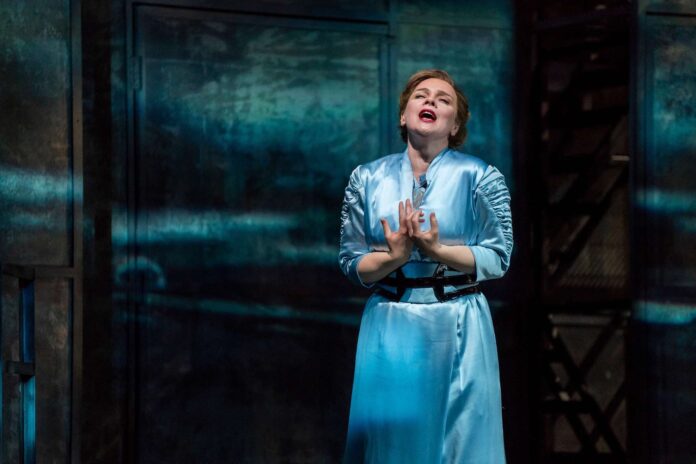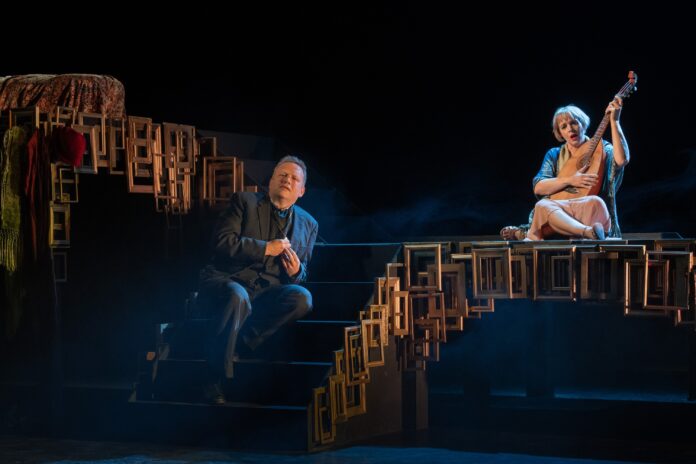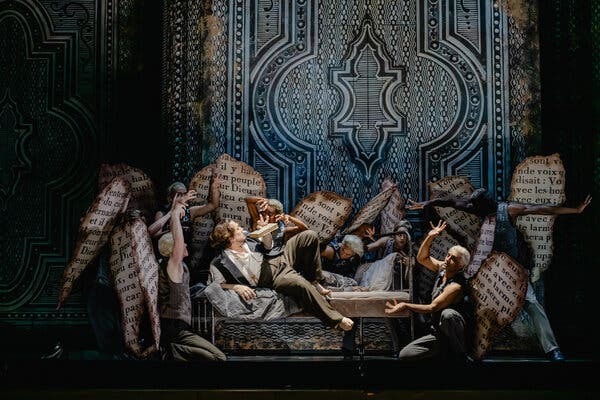The resurgence of opera at Bard College has captured the attention of many in the music world. A unique approach has transformed the way people perceive opera, bringing it back into modern conversation. The key driver behind this effort is the vision of Leon Botstein. His commitment to reshaping how opera is taught and performed is reshaping the landscape of Bard College’s music program.
This article explores the essence of this change, its results, and what it means for future students and audiences alike.
Leon Botstein’s Vision for Bard College’s Opera Program
Leon Botstein has brought an innovative perspective to Bard College’s music department. As a conductor and music director with deep roots in orchestral and operatic music, Botstein has ensured that Bard’s program offers more than traditional academic lessons. His approach has created a more dynamic, interdisciplinary experience where students do more than study scores and histories.
They engage in live performances, critiques, and collaborations with professionals. This method blends the academic with the practical, setting Bard College’s opera program apart from many others. Botstein’s influence is felt not only in the curriculum but in the way Bard College presents itself to the broader artistic community.
The Revival of Opera at Bard College

Bard College’s opera program has experienced a resurgence. This revitalization has been rooted in the belief that opera is more than a historical artifact. Under Botstein’s leadership, the college has treated opera as a living art form, one that speaks to contemporary issues and emotions. Students now explore modern adaptations of classic works, creating new dialogues around traditional pieces.
The approach has breathed life into a genre often seen as inaccessible, making it relevant and engaging for younger generations. By connecting past masterpieces with present-day concerns, Bard College provides students with a fresh lens through which they can view the world.
Blending Theory with Practice
One of the strengths of Bard College’s opera program lies in its balance of theory and practice. The curriculum covers the essential elements of opera, from vocal techniques to historical context. However, the program doesn’t stop at theoretical instruction. Students regularly participate in live performances, both on and off campus.
The collaboration between Bard College’s opera department and external venues offers students real-world experience in a professional setting. This approach ensures that students leave Bard College with not only an academic understanding of opera but also practical skills that prepare them for the next stage of their careers.
Bard’s SummerScape and Music Festival: Expanding the Horizons
One of the most significant contributions of Botstein’s leadership is the Bard SummerScape festival. This annual event showcases opera performances that challenge traditional boundaries. The festival allows students to work alongside professional artists, gaining insight into the industry. This exposure to professional standards and expectations adds an invaluable layer to their education.
Bard College’s commitment to integrating performance opportunities into its program means that students don’t just learn about opera—they live it. These performances often feature bold interpretations and modern takes on classic works, reflecting the innovative spirit that Botstein has cultivated.
The Global Influence of Bard’s Opera Program
The impact of Bard College’s opera program, under Botstein’s guidance, extends beyond the campus. Graduates have gone on to perform in renowned venues across the globe, bringing with them the unique blend of academic rigor and practical experience they received at Bard.
The program’s influence can also be seen in the broader opera community, as professionals take notice of Bard College’s innovative approach. The connections that Bard College has fostered with international opera houses and festivals have given students and alumni unparalleled opportunities to grow their careers on a global stage.
Opera as a Tool for Social and Cultural Reflection
Under Botstein’s leadership, Bard College has also positioned opera as a platform for addressing social and cultural issues. By selecting works that speak to contemporary themes, the program encourages students to think critically about the relevance of the art form. This focus on using opera as a tool for reflection sets Bard College apart.
Students are not just trained as performers; they are encouraged to become thinkers who use their art to engage with the world. This approach has resulted in productions that resonate deeply with modern audiences, drawing connections between the past and the present in ways that feel fresh and urgent.
The Impact of Leon Botstein’s Conducting Career

Botstein’s role at Bard College is complemented by his extensive experience as a conductor. His work with the American Symphony Orchestra and other prestigious groups has informed his approach to teaching. By bringing his conducting experience into the classroom, Botstein offers students a rare opportunity to learn directly from someone who has led major orchestras.
His influence helps bridge the gap between academic instruction and real-world performance. Students benefit from his insights into both the artistic and logistical aspects of conducting, adding another layer of depth to their education.
The Future of Bard College’s Opera Program
Looking ahead, Bard College’s opera program is poised for further growth. Botstein’s vision continues to push boundaries, both in terms of curriculum and performance opportunities. The program’s emphasis on innovation ensures that it will remain a leader in the field.
As more students and professionals recognize the value of Bard College’s unique approach, its influence will likely continue to expand. The opera program, much like the art form itself, will keep evolving. Bard College’s ability to adapt to the changing landscape of music and performance will be key to its ongoing success.
Conclusion
Bard College’s opera program, under the leadership of Leon Botstein, represents a new chapter in the way this timeless art form is taught and experienced. By blending academic instruction with practical performance opportunities, the program offers students a well-rounded education that prepares them for the challenges of a career in music.
Botstein’s influence has not only revived opera at Bard College but has also positioned it as a leader in the field. The impact of his vision will continue to be felt, both on campus and in the broader artistic community.







